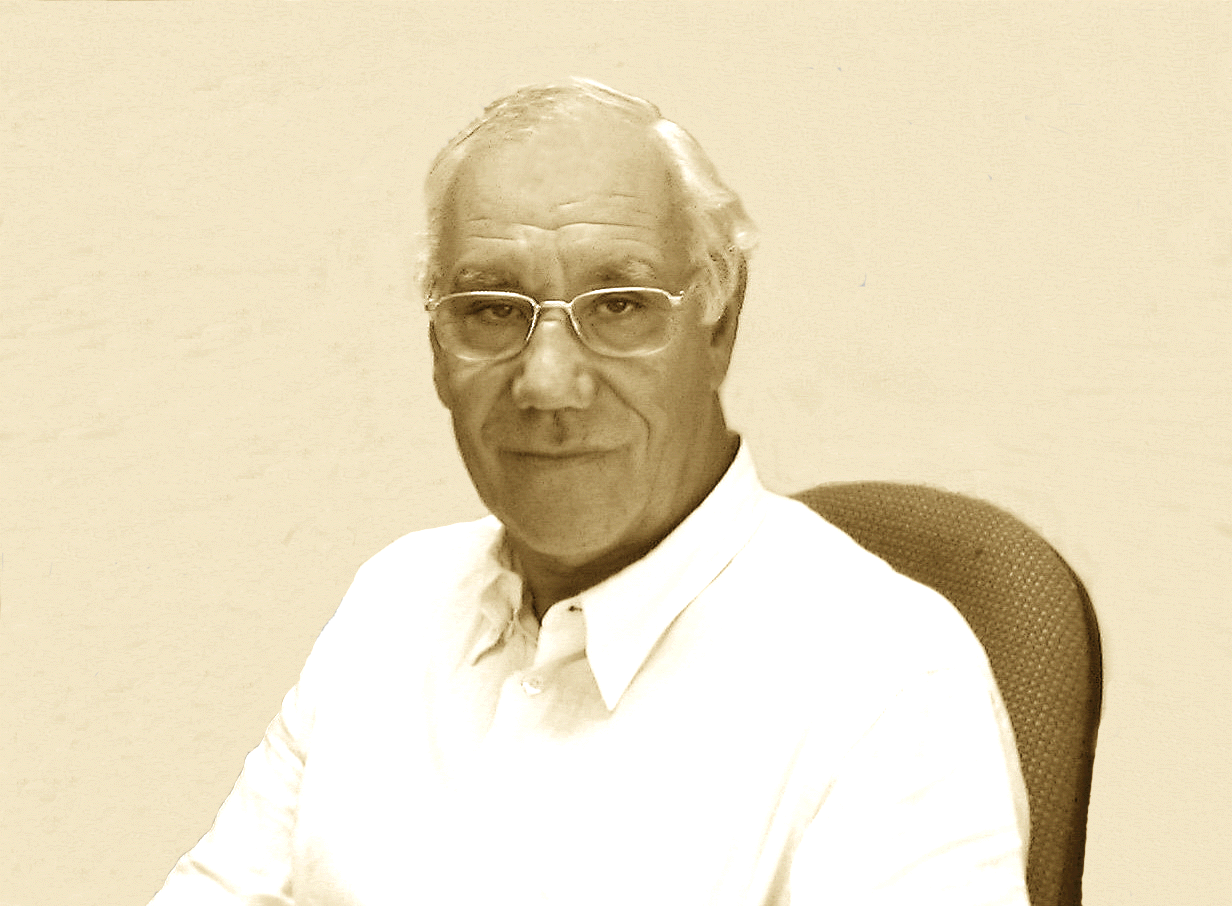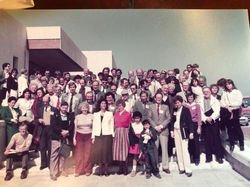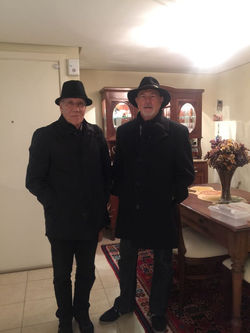
Presentation
The Laboratory for Study and Intervention in Higher Education (LEIES) emerged in January 2002 (financed by FCG), continuing a project within the scope of PRAXIS XXI Success / Failure Factors in the 1st Year of the Degree Courses in Science and Engineering in University education. It consisted of two physical spaces. The first was located in the Pedagogical, Scientific and Technological Complex of the University of Aveiro (room 23.3.13) and the second in the Department of Educational Sciences of the same university (department of origin of most researchers).
LEIES and the researchers who were part of it, followed action-research and tout court research methodologies, deepening diagnostic studies, extending research to intervention at the level of students, teachers, curricula and institutions. In this way, academic success was approached in a systemic inter and transdisciplinary perspective, linking various factors of academic success.
Despite having emerged as a funded project, the Laboratory for Study and Intervention in Higher Education, ended up becoming a "shipyard" of research and projects that continued it, supported by the Research Unit for the Construction of Pedagogical Knowledge in Training Systems.
The lines presented are described as originally planned, having subsequently undergone changes, according to the evolution of the investigations. For more details, those interested should contact those responsible for each line of investigation.
Objectives
General objective: To promote academic success in higher education through diagnostic and intervention actions.
Specific objectives:
(i) collect data on educational, scientific and pedagogical characteristics in higher education institutions in the context of academic transition and progression;
(ii) designing new diagnostic and intervention tools;
(iii) to consider the educational, scientific and pedagogical quality of institutional practices, their agents, processes and teaching / learning mechanisms;
(iv) reflect on and propose intervention and innovation strategies;
(v) promote the discussion on the issues of transition, university pedagogy and academic success, involving students, teachers, politico-educational leaders, academic managers, researchers, technicians and other professionals;
(vi) collect data on personal characteristics, skills, attitudes, behaviors and experiences of students and teachers;
(vii) identify and analyze different curricular practices.
Team
Coordinated by Professor José Tavares and Professor Anabela Pereira, the Laboratory for Study and Intervention in Higher Education had consultants Professors Isabel Alarcão and Maria Helena Azevedo. Each research line, in addition to always having a coordinator, had other researchers, namely Ana Paula da Silva Cabral, Isabel Huet, Dayse Neri de Souza, José Besa de Oliveira, Ana Allen Gomes and Sara Monteiro. Still in collaboration with this research group, Maria do Céu Castelo-Branco, Maria Leonilde Lationo and research assistant Rita Carvalho participated.













































































































